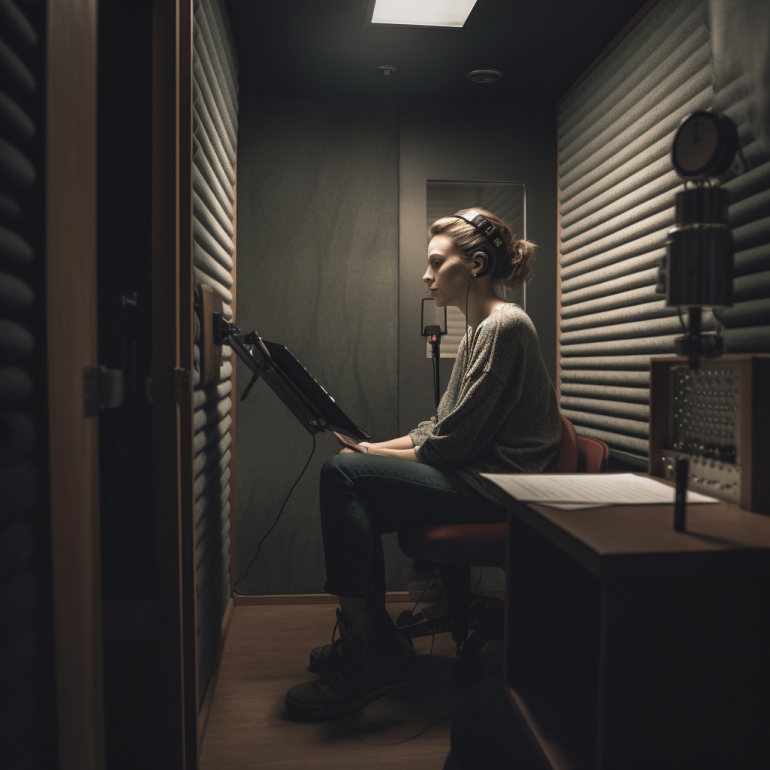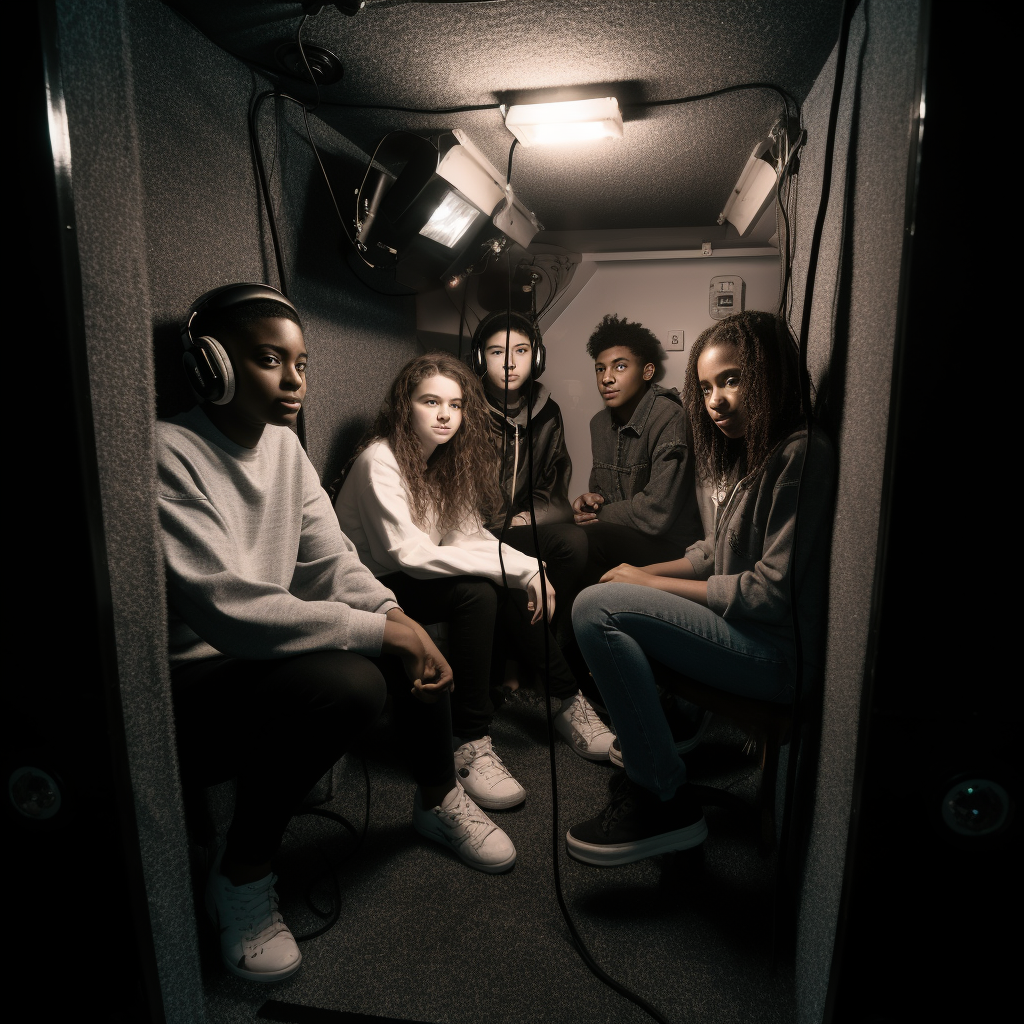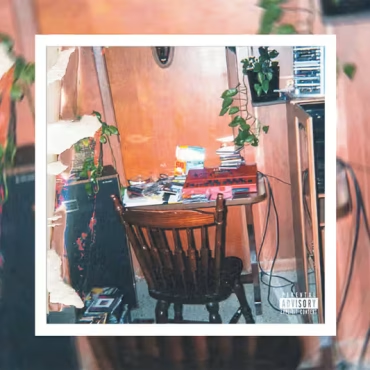Mastering the Art of Studio Recording: Essential Tips for Success
Are you ready to embark on a creative journey that involves capturing your musical brilliance in its purest form? Studio recording is a thrilling adventure that requires a blend of technical expertise and artistic vision. Whether you’re an experienced musician or a budding artist, the studio environment provides a platform to transform your musical ideas into reality. In this article, we’ll explore essential tips that will guide you through the process of mastering the art of studio recording.
Prepare with Purpose

Before stepping foot into the recording studio, preparation is key. Take the time to rehearse your material thoroughly, not only focusing on your musical performance but also paying attention to transitions, arrangements, and dynamics1. Being well-prepared will save you time and energy during recording sessions, allowing you to concentrate on capturing the nuances that make your music shine.
Choose the Right Studio
Selecting the right studio for your project is crucial. Consider factors such as equipment quality, room acoustics, and the expertise of the studio engineers. A well-equipped studio with experienced professionals can significantly elevate the quality of your recordings.
Understand Your Equipment
Familiarize yourself with the studio equipment you’ll be using, including microphones, preamps, and headphones. Understanding how to set up and adjust these tools will enable you to capture the best sound possible. If you’re unsure about any equipment, don’t hesitate to seek guidance from the studio engineer.
Optimize Instrument Tuning
Before you begin recording, ensure that your instruments are properly tuned. Out-of-tune instruments can negatively impact the overall sound quality and may require extensive post-production efforts to correct.
Focus on Mic Placement
Microphone placement plays a critical role in capturing the desired sound. Experiment with different mic positions to find the sweet spot that highlights your instrument or voice’s unique qualities. Collaborating with the studio engineer can provide valuable insights into achieving the optimal microphone setup.
Control Ambient Noise
A quiet recording environment is essential for capturing clean audio. Remember to turn off cell phones, air conditioning, and other potential sources of noise to minimize unwanted sounds. Additionally, a properly treated recording space can help reduce reverberation and unwanted reflections.
As you navigate the world of studio recording, keep in mind that each step is a piece of the larger puzzle that leads to a polished and professional recording. With these essential tips in mind, you’ll be well-equipped to make the most of your time in the studio and create music that resonates with your audience.
For more insights into the world of studio recording and music production, be sure to check out Diverze Entertainment, where you can find valuable resources and expert guidance to enhance your recording experience. And if you’re interested in catching some captivating live shows, don’t miss out on Diverze Entertainment’s upcoming events!
Remember, studio recording is not just a technical process – it’s an opportunity to express your artistic voice and share your music with the world. Embrace each step of the journey, and let your passion shine through in every note you record.


















Post comments (0)